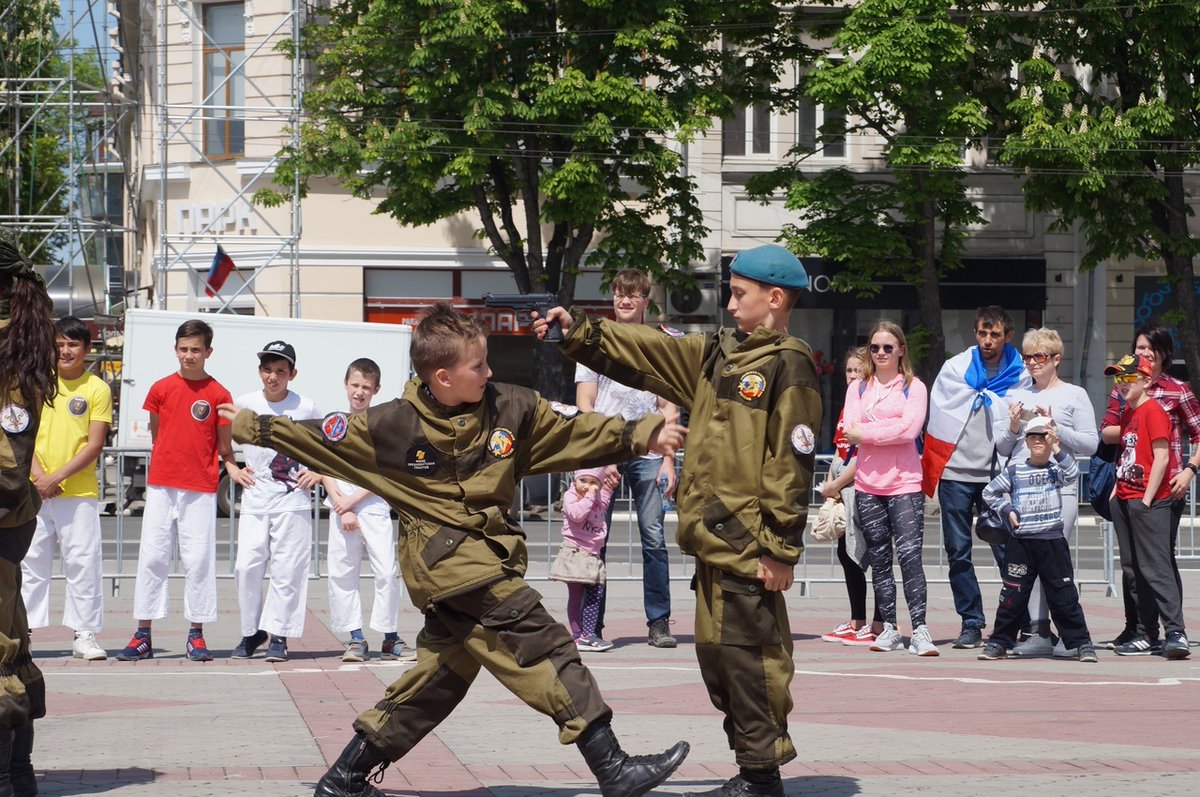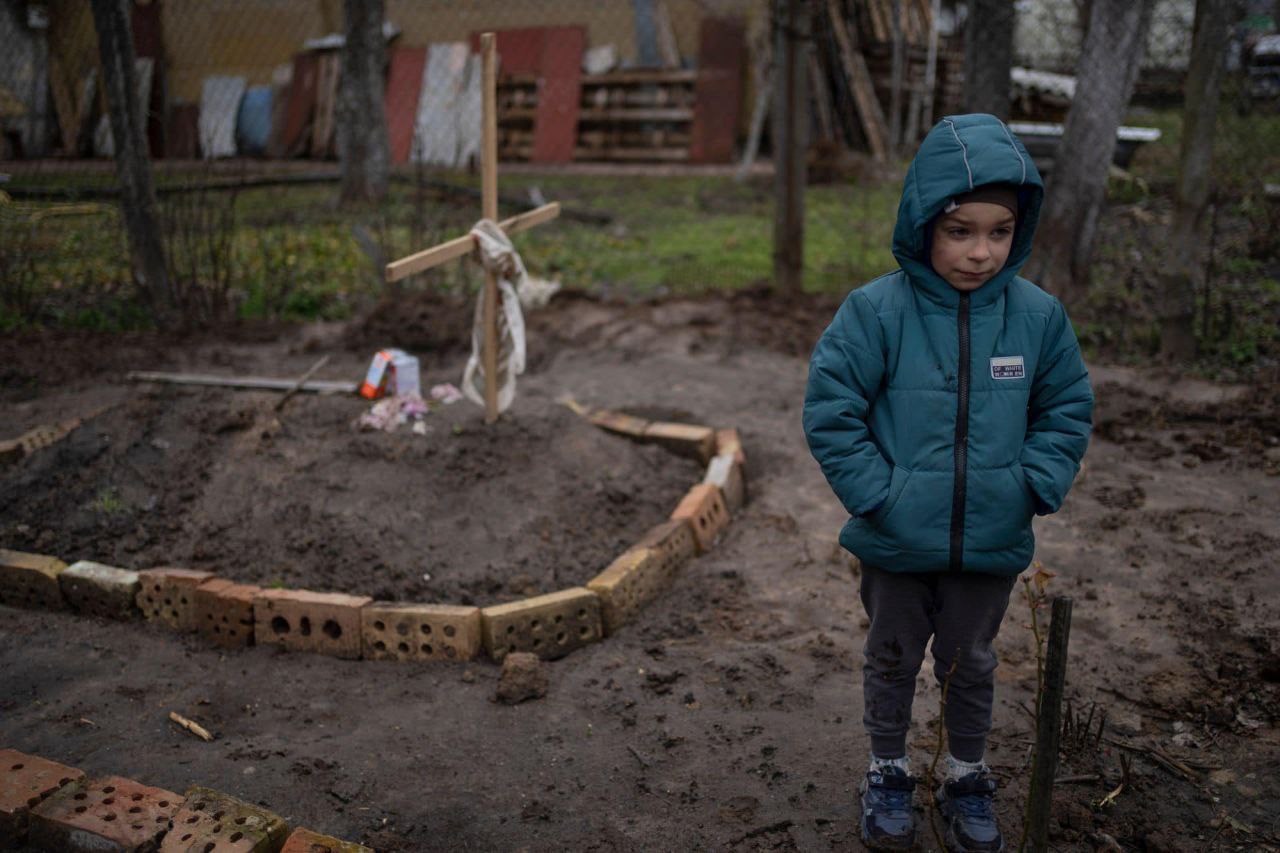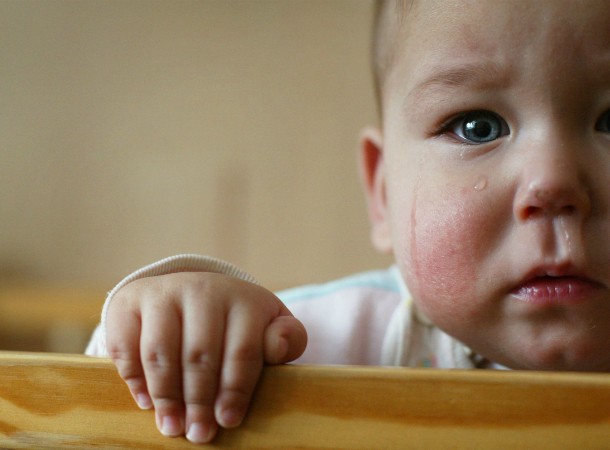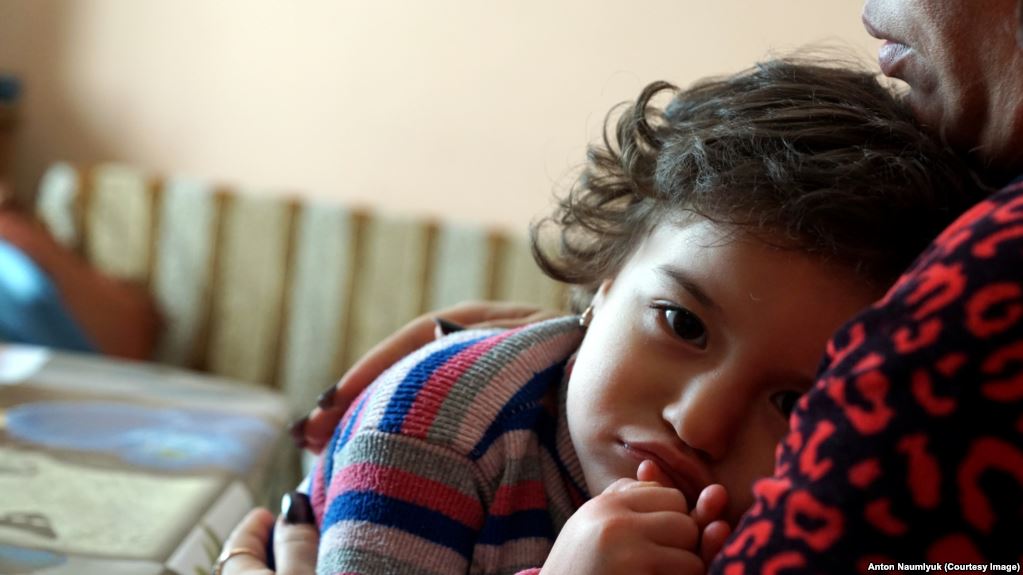The Russian occupiers in Crimea are increasingly targeting the wives and children of Crimean Tatar activists in an attempt to get at the parents via their family members, Zair Smedlyaev, one of their number says, yet another indication of Moscow’s increasing brutality there now that the world’s attention is turned elsewhere.
“As we predicted,” the activist tells Kseniya Kirillova of Radio Svoboda, “a new wave of repressions has begun. It is obvious that Putin is making use of that ‘indulgence’ which he received from Trump and the other world leaders” and is attacking children in Crimea in this way for the first time.
Smedlyaev and Kirillova list numerous cases of this brutal practice that have occurred in the last month. And Smedlyaev says that this represents the continuation of Russia’s historical approach to its opponents, be it taking hostage family members of those who resist it or arresting, as in Stalin’s time, “’members of the families of enemies of the people.’”
He points to another indication of the ways that repression is increasing in Crimea: the occupiers are now arresting even those residents who have shown a willingness to work with them. Clear, Smedlyaev says, even “cooperation with the occupation forces does not give any guarantees,” something that ever more people on the Ukrainian peninsula recognize.
Tragically, this development has gone largely unnoticed in the West, as have two others which should be matters of concern both for those who support the rights of the people on the occupied Ukrainian peninsula and for those who seek to analyze the direction of Putin’s policies more generally, given that he has often tried out tactics in Crimea before using them elsewhere.
One is the compilation by the occupiers of “an enemies list,” a step toward even greater repression and the other is a report that these same occupiers are preparing provocatory terrorist actions there so as to place the blame on the local people.
Both of these would be fully consistent with Putin policies in the past; both must be carefully monitored before they lead to more tragedies; and both must be condemned by people of good will who are concerned with human rights and the rule of law around the world.
Read More:
- US non-recognition policy and Crimea – Russian misrepresentations and Baltic truths
- Trump’s challenging of broad consensus on Crimea will lead to a broader war, Skobov says
- Moscow planning provocation in occupied Crimea to discredit Ukraine, general says
- Russia’s transformation of ethnic mix in occupied Crimea an act of genocide
- Trump’s statement on Crimea can lead to serious consequences, says American analyst
- Crimea’s growing water problem might provoke new Russian attack against Ukraine
- Two dangerous proposals on Crimea with even more dangerous consequences
- Putin seized Crimea with regular army but outsourced action in Donbas
- Putin repeating Stalin’s genocide with ‘new hybrid deportation of Crimean Tatars’
- Hacked military docs reveal how the Russian 18th motorized brigade invaded Crimea
- 74 years on, Russian genocide of Crimean Tatars continues
- Moscow forming ‘death squads’ in occupied Crimea and elsewhere, Shmulyevich says
- Hague court rules Russia must compensate Ukrainian investors $159 mn for Crimea losses
- Four years after annexation: Ukraine still connected with occupied Crimea, albeit weakly
- Little green men: the annexation of Crimea as an emblem of pro-Kremlin disinformation
- Kremlin-linked Russian commentators step up calls for ‘destruction’ of Ukraine
- War against Ukraine is part of Russian policy to break EU apart, says historian Timothy Snyder
- How Russia uses dehumanizing disinformation as a weapon of the information war against Ukraine
- Ukrainian OSINT sleuths release largest existing database of evidence of Russian aggression in Ukraine
- Putin views Russians as ‘divided people,’ thus threatening all Russia’s neighbors, German historian says








